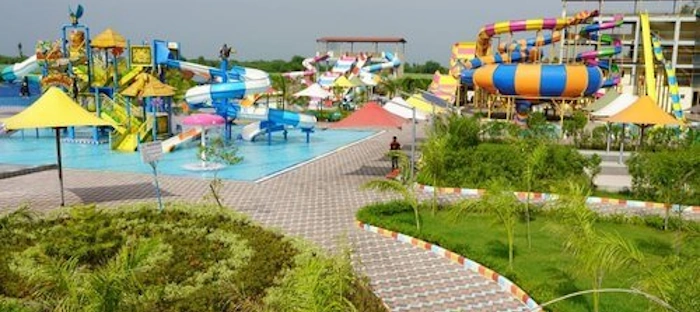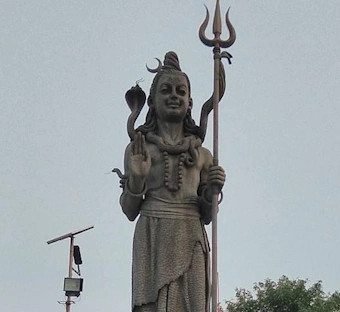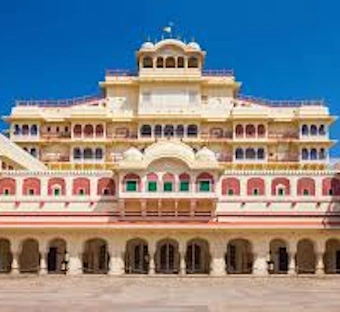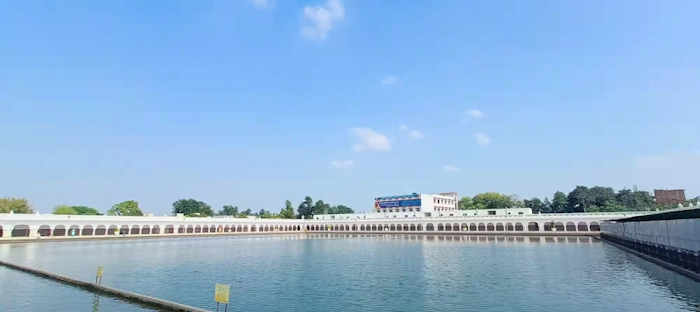Rajpura is a vibrant city located in the Patiala district of Punjab, India, positioned approximately 50 kilometers from Chandigarh. Often referred to as the “Gateway of Punjab” because of its strategic location on the National Highway-1 (NH-1), Rajpura has become an important town both historically and economically in the state. The city is well-connected to major cities like Chandigarh, Patiala, and Ambala, making it a key transit point for travelers and an emerging hub for industrial growth.
Rajpura is renowned for its rich agricultural heritage, as it lies in the fertile plains of Punjab. The region’s economy is largely driven by agriculture, with crops such as wheat, rice, and sugarcane being extensively cultivated. The town and surrounding areas are known for their agricultural significance, and the lush green fields that stretch across the landscape provide a picturesque setting that embodies the essence of rural Punjab. In addition to farming, Rajpura is also home to a growing number of industries, with a notable presence of manufacturing units, particularly in sectors like textiles, cement, and food processing.
Rajpura also holds historical importance, with a number of Sikh shrines and landmarks that reflect its rich cultural and religious heritage. One of the most important sites is Gurudwara Rajpura Sahib, which is dedicated to Guru Gobind Singh Ji, the tenth Sikh Guru. The Gurudwara is a place of pilgrimage for Sikhs, where devotees gather to offer prayers and participate in religious services. The peaceful atmosphere of the Gurudwara offers visitors a chance for spiritual reflection, and like other Gurudwaras, it serves langar (community meals) to all visitors, promoting the values of equality and selfless service.
Apart from its religious significance, Rajpura is also home to several cultural sites. The town hosts various cultural events, particularly during festivals like Baisakhi, Diwali, and Lohri, when the streets are filled with traditional music, dance (like Bhangra), and festivities. The vibrant atmosphere during these times provides a unique experience for visitors, showcasing the warm and hospitable nature of the people of Punjab.
Rajpura is also known for its education institutions and healthcare facilities, which serve the needs of its growing population. The presence of schools, colleges, and vocational training centers has contributed to the town’s development as an educational hub, attracting students from nearby towns and villages. Moreover, Rajpura’s access to healthcare services has improved significantly, with several hospitals and clinics catering to the medical needs of the local community.
The industrial growth in Rajpura has led to the establishment of industrial zones and SEZs (Special Economic Zones) in the area, driving economic development. This has made the town an important center for commerce and trade, with industries ranging from manufacturing to services setting up operations in and around Rajpura. The industrial boom has also led to improved infrastructure, such as better road networks, transportation facilities, and connectivity, which continue to drive the town’s economic growth.
Natural beauty surrounds Rajpura, with its proximity to the Sulaibhi Forest offering nature lovers a chance to explore the green landscapes. The region’s natural environment, along with the agricultural landscapes, contributes to the town’s serene and scenic beauty. People seeking a quiet retreat from the hustle and bustle of urban life can find solace in these peaceful surroundings.





